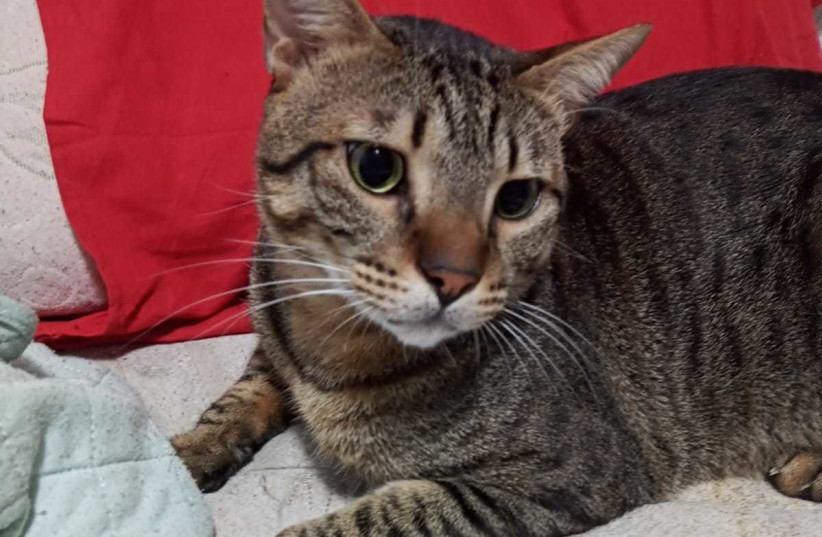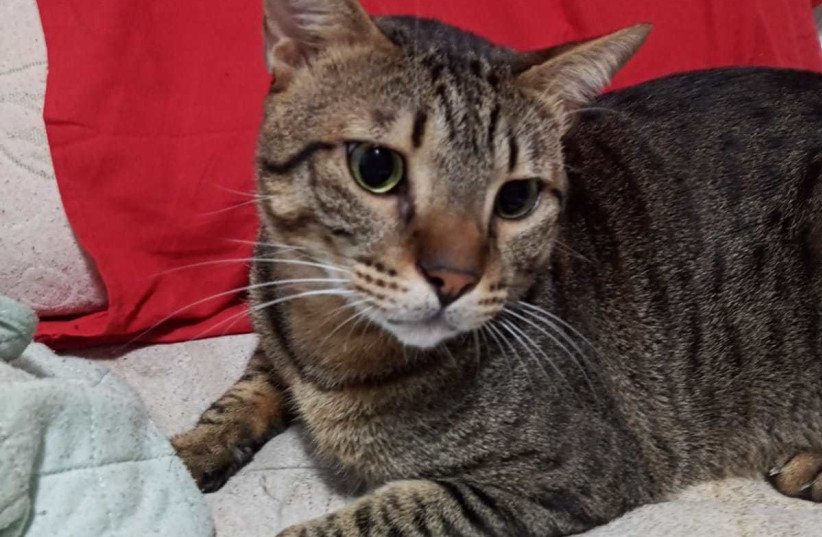Humans infected with the coronavirus need to be careful not to infect their pets, though it seems dogs are less likely than cats to catch it, according to new scientific studies.In two preliminary studies that will presented at the European Congress of Clinical Microbiology & Infectious Diseases (ECCMID) in July, it was found that COVID-19 is more common in
pets whose owners had the virus than in strays,
NBC News reported.
One of the studies, conducted by researchers from the Netherlands, took 156 dogs and 154 cats from 194 households that had tested positive for COVID-19.
Thirty-one cats and 23 dogs – about 17% of the animals overall – had antibodies, suggesting they have previously contracted COVID-19, while six cats and seven dogs – 4.2% of overall pets – were found to have active COVID-19 infections, according to
The Guardian.
The researchers also compared animals living in shelters, 9% of which had antibodies. They believe these results indicate pets are more likely to get sick from humans than previously thought.
“If you have COVID-19, you should avoid contact with your cat or dog, just as you would do with other people,” said Dr. Els Broens of Utrecht University in the Netherlands, according to The Guardian.
“The main concern, however, is not the animals’ health – they had no or mild symptoms of COVID-19 – but the potential risk that pets could act as a reservoir of the virus and reintroduce it into the human population.”
The other study presented at the conference found that cats that sleep on people’s beds were more likely to catch COVID-19 from their owners, while dogs were unaffected by the level of proximity.Dorothee Bienzle, a professor of veterinary pathology at the University of Guelph in Ontario, Canada, who presented the findings, said that “If someone has COVID-19 there is a surprisingly high chance they will pass it on to their pet,” according to The Guardian.
cnxps.cmd.push(function () { cnxps({ playerId: ’36af7c51-0caf-4741-9824-2c941fc6c17b’ }).render(‘4c4d856e0e6f4e3d808bbc1715e132f6’); });
if(window.location.pathname.indexOf(“656089”) != -1){console.log(“hedva connatix”);document.getElementsByClassName(“divConnatix”)[0].style.display =”none”;}
“Cats, especially those that sleep on their owner’s bed, seem to be particularly vulnerable. So, if you have COVID-19, I’d advise that you keep your distance from your pet – and keep it out of your bedroom.”
Bienzle also recommended keeping coronavirus-infected pets away from other people and pets, according to The Guardian: “While the evidence that pets can pass the virus on to other pets is limited, it can’t be excluded. Similarly, although pets have not been shown to pass the virus back to people, the possibility can’t be completely ruled out.”
In the study, The Guardian noted, researchers tested 48 cats and 54 dogs from 77 different households that had tested positive for COVID-19 in the previous nine months. They compared the results to those of 75 dogs and cats living in an animal shelter and 75 stray cats that had been seen at a low-cost veterinary clinic.
Nearly 70% of pet cats and more than 40% of pet dogs tested positive for antibodies, compared with just under 10% of dogs and cats from the animal shelter. That number shrank to 3% for the stray cats. The majority of cases were mild, and only 20% of dogs and 30% of cats had symptoms. Dogs mostly had loss of appetite and sluggishness, while cats exhibited runny noses and had difficulty breathing.
The findings showing the susceptibility of domestic cats to COVID-19 is not new in itself. Previous studies have found cats infected by humans. This wasn’t surprising, as the 2003 SARS virus, which is somewhat similar to the novel coronavirus that causes COVID-19,
was known to be able to infect cats. In addition,
an earlier Chinese study from 2020 found that cats were far more likely to catch COVID-19 from humans than dogs, and included a number of other animals susceptible to the virus, such as ferrets. In addition, cats are known to catch other coronaviruses as well, most notably the feline coronavirus (FCoV), which can sometimes cause the development of feline infectious peritonitis (FIP), which can be fatal for cats, as noted by
Cornell University.These findings are also supported by prior research, such as an April 2021 Brazilian study published in the online open-access journal
PLOS ONE, which found more cats than dogs with COVID-19.The question remains, though, why this is the case.
“It could be something as simple as most dogs have long noses, or the virus doesn’t bind as well to the receptor in dogs’ cells, or something with the immune system,” said Colorado State University College of Veterinary Medicine and Biomedical Sciences Prof. Sue VandeWoude, who was not involved with the new research, according to NBC News.
But while cats are able to catch COVID-19 and are more susceptible than dogs, is is believed by some experts that they recover far quicker than humans do. This was theorized by scientists at Latvia University of Life Sciences and Technologies (LLU) in late 2020, after it was found that at the time, not a single cat in the country was found to have COVID-19, but many were found to have antibodies, indicating they had recovered from the infection. Despite the potential of humans infecting their pets, there has yet to be any evidence suggesting that cats or dogs could infect uninfected humans with the virus. But nonetheless, the possibility remains. COVID-19 is zoonotic in origin, being transmitted to humans through an unknown animal vector, though widespread scientific consensus points to the bat as being the origin of the virus itself. Due to this, it isn’t out of the question that the virus could mutate again inside another animal host and then in turn infect humans. While this hasn’t happened with cats or dogs, it has happened with minks. In late 2020 in Denmark, a COVID-19 mutation among farmed minks began infecting humans, causing widespread culling of the farms. Other animals are also susceptible to the virus. According to the US Centers for Disease Control and Prevention (US CDC), other animals susceptible to the virus include bank voles, hamsters, pigs, rabbits, racoon dogs, tree shrews and white-tailed deer, while mice are susceptible to new variants.Chicken and ducks, however, have not yet been found to be infected or capable of spreading the virus.





